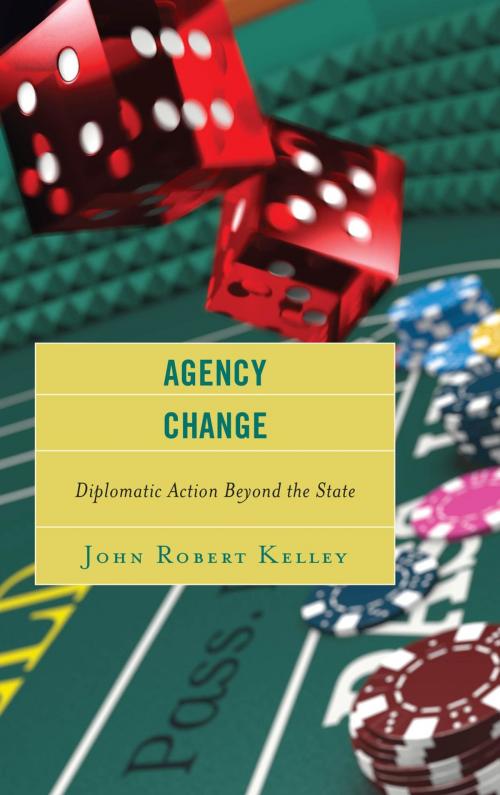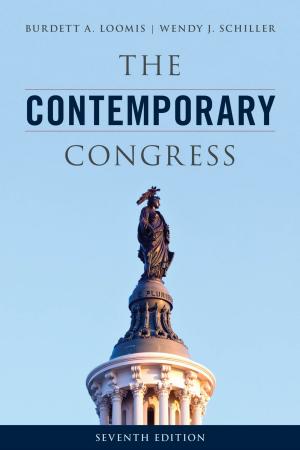Agency Change
Diplomatic Action Beyond the State
Nonfiction, Social & Cultural Studies, Political Science, International, International Relations| Author: | John Robert Kelley | ISBN: | 9781442230620 |
| Publisher: | Rowman & Littlefield Publishers | Publication: | October 8, 2014 |
| Imprint: | Rowman & Littlefield Publishers | Language: | English |
| Author: | John Robert Kelley |
| ISBN: | 9781442230620 |
| Publisher: | Rowman & Littlefield Publishers |
| Publication: | October 8, 2014 |
| Imprint: | Rowman & Littlefield Publishers |
| Language: | English |
John Robert Kelley puts forth that modern diplomatic efforts derive not from states whose centuries-long power is loosening, but rather from a new breed of diplomats—exit the diplomacy of institutions; enter the diplomacy of individuals competing for power.
Moving beyond standard concepts of “traditional” and “new” diplomacy, Agency Change illustrates how parallel, yet disparate diplomatic systems emerge—statesmen seeing power vis-à-vis non-state actors seeking solutions to problems—and examines different mutually beneficial solutions to this phenomenon.
Kelley examines how different factor impact diplomatic action:
- Idea entrepreneurship
- Agenda-setting
- Mobilization
- Gate-keeping
He concludes that the time has come for governments to innovate their diplomatic efforts in order to find a way to coexist with non-state actors while maintaining accountability, legitimizing the use of state strength, and leveraging permanent presence in diplomatic relationships. This thorough survey shows how states can embrace change by first recognizing sources of power in today’s diplomatic affairs, and presents a case for what states can do now to respond to a world in which diplomacy has gone public.
John Robert Kelley puts forth that modern diplomatic efforts derive not from states whose centuries-long power is loosening, but rather from a new breed of diplomats—exit the diplomacy of institutions; enter the diplomacy of individuals competing for power.
Moving beyond standard concepts of “traditional” and “new” diplomacy, Agency Change illustrates how parallel, yet disparate diplomatic systems emerge—statesmen seeing power vis-à-vis non-state actors seeking solutions to problems—and examines different mutually beneficial solutions to this phenomenon.
Kelley examines how different factor impact diplomatic action:
- Idea entrepreneurship
- Agenda-setting
- Mobilization
- Gate-keeping
He concludes that the time has come for governments to innovate their diplomatic efforts in order to find a way to coexist with non-state actors while maintaining accountability, legitimizing the use of state strength, and leveraging permanent presence in diplomatic relationships. This thorough survey shows how states can embrace change by first recognizing sources of power in today’s diplomatic affairs, and presents a case for what states can do now to respond to a world in which diplomacy has gone public.















